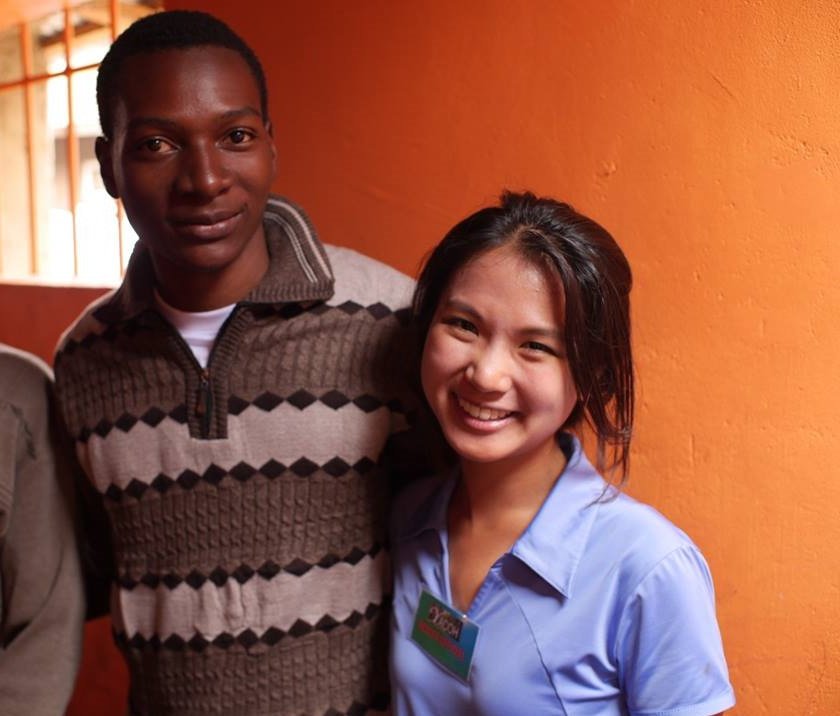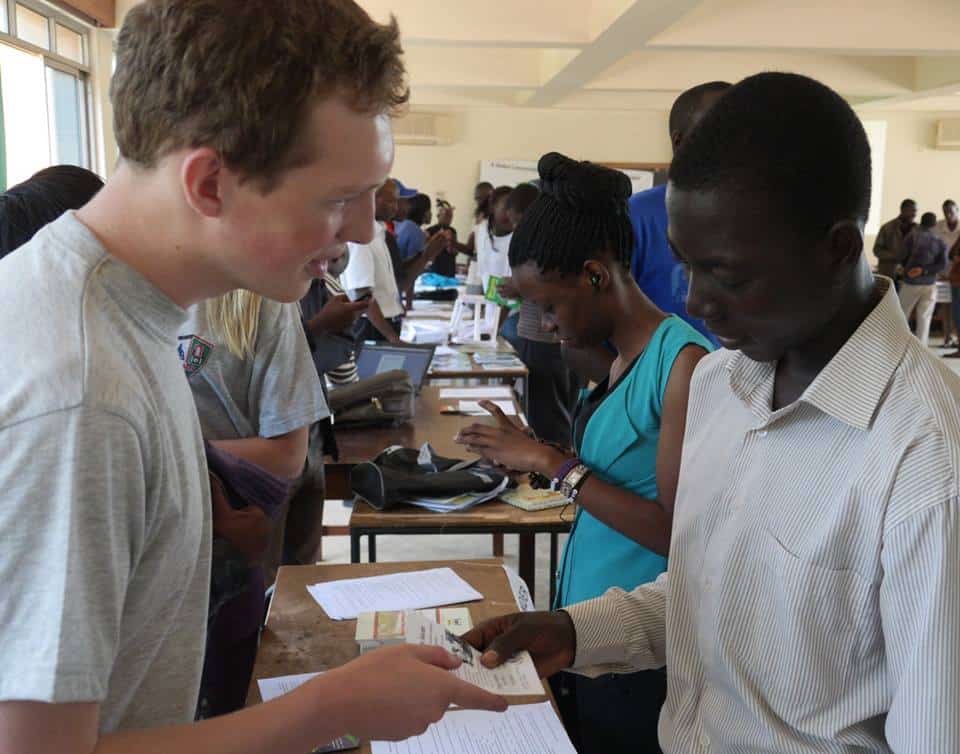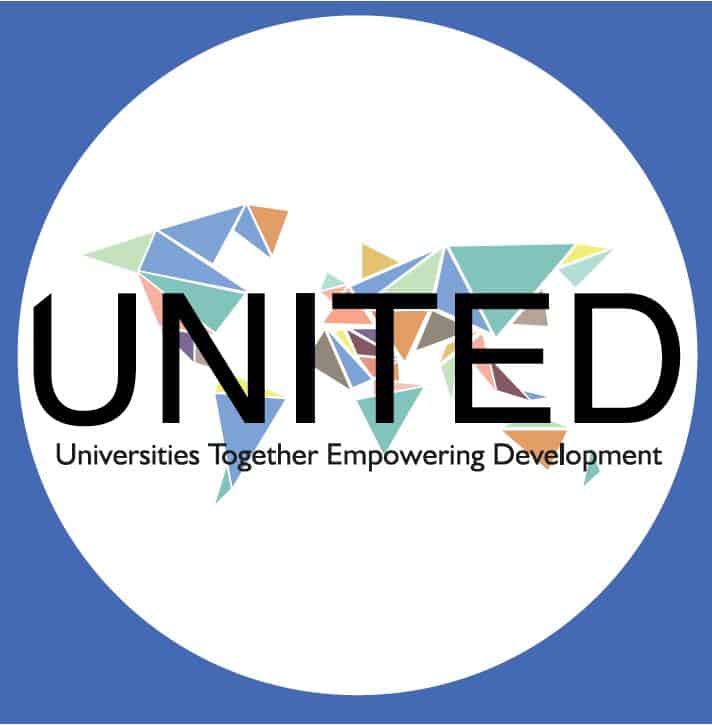There has been recent recognition of the shortfalls of student volunteering, particularly internationally. This recognition has generally been fruitful, leading to improved training and recruitment of volunteers and improved volunteer programmes. It has also led to a backlash against international volunteering in general, resulting in the creation of ‘learning service’ projects. Whilst I value the need for contextualising volunteering, I think there is a danger in the ‘learning service’ experience becoming all about enriching the volunteer, severely reducing contact between international learner volunteers and local people for fear of a bad interaction, with lessons in classrooms about ‘the local culture’ and the occasional visit to something ‘traditional’.
I am being a little dismissive. However, for me the most important aspect of any volunteering experience – over and above the immediate impact of the project – is the relationships formed. Close relationships between people who don’t usually get the chance to interact allows oneself to step into another’s shoes and understand things from their perspective. This reduces the blame and resentment that is often felt between groups (an example much closer to home being, the character assassination of those on benefits being ‘scroungers’) and places individuals and their choices within specific contexts (a lack of role models showing alternatives could contextualise this example). For those already converted to the need for change, it also makes social justice causes much more salient and allows you to appreciate the complexities of issues. Changing systems that perpetuate social injustices is challenging and often overwhelming: the fact that your friend (rather than some poster beneficiary) is being affected makes the fight easier to fight, and one’s engagement with the issue more long-term. Furthermore, looking at the bigger picture, more cohesive communities have much greater resilience to tackling problems encountered. This is the basis of the Transition Network and has been demonstrated in urban communities in Boston. Facing collective global challenges requires a strong, cohesive, globally-conscious society to tackle such challenges together.
So for me the question is more: how does one create great relationships between people who don’t usually interact? We currently live in a very stratified society, both at home and across borders where people don’t interact with people unlike them expect under specific conditions, which often reinforce the current social order and accompanying power dynamics. Volunteering, despite good intentions, often unconsciously reifies these power dynamics. Good relationships are bidirectional and equal. Extensive research in social psychology has shown the need for equality in relationships for attitudes towards other groups to be improved (for a classic introduction to this see Allport (1954)). Good relationships cannot be formed between two individuals when one is characterised as a ‘helper’ and the other as a ‘beneficiary’. We need to create new ways for people from diverse groups to interact. Firstly, we need to consider who is interacting with whom: they need to be equal or share some common characteristics. Secondly, we need to design the interaction so that the focus is not one helping the other. One way of doing this is to work together on something that you both care about: think about how close you’ve got to fellow volunteers whilst organising events or carrying out projects. Thirdly, one needs to invest in relationships. One does not become best of friends over night. It is through spending time with another individual that one comes to admire and respect them.
It is the importance of relationships and these three principals which have informed my work creating United, which connects students across the world to collaborate on projects for social good. I now have friends across the world which continually challenge my perceptions of how the world runs and whom I can work with whenever I feel drawn to act on an issue. As well as influencing my work, it has also revolutionised my everyday behaviour in the UK: I continually seek interactions with people unlike myself. We can change our relationships and through them enact more effective social change. And we can start at home. Try it, you may find a friend.
Do you agree? At United, we’re currently recruiting trustees. Or, if you’d like to set up United at your university, get in touch.



